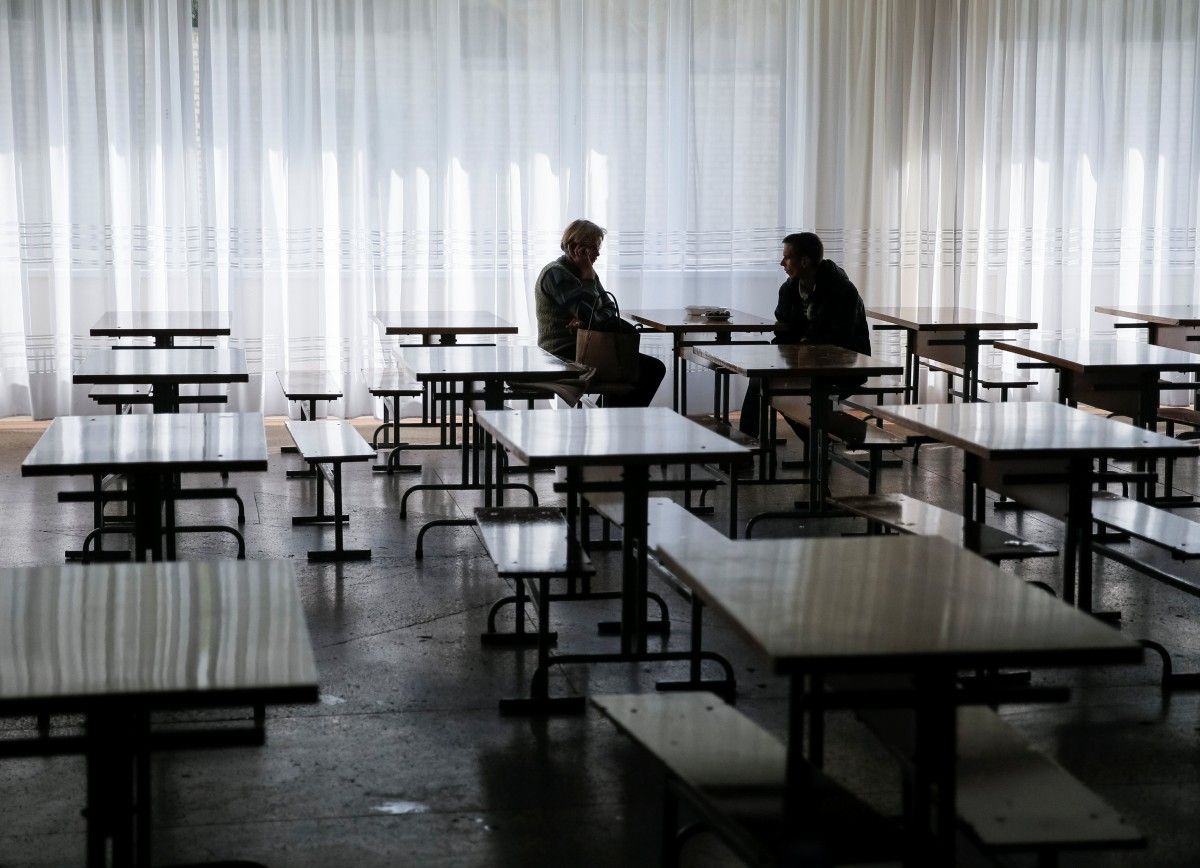
According to the ministry, the first model provides for the possibility to have a minority language of instruction for all subjects from 1 to 11 (12) grades, along with the Ukrainian language of instruction.
"This model will be applied to vulnerable languages, that is, those without their own state to develop linguistic terminology, as well as for people living beyond the environment of their native language. For example, Crimean Tatars have no other state that would develop the terminology of their language while the community lives exclusively in the Ukrainian-speaking or Russian-speaking environment, which also does not contribute to the development of the Crimean Tatar language," the ministry said.
The second model applies to national communities speaking one of EU languages. Its use can have two options.
Read alsoVenice Commission publishes official opinion on Ukraine's education lawThe first option is provided for communities that live mainly in the Ukrainian-speaking environment and whose language belongs to the Slavic language group (Polish, Slovak, or Bulgarian). "Children whose mother tongue belongs to this group will be able to fully learn in their native language in kindergartens and primary schools, while simultaneously studying Ukrainian. From the 5th grade, along with the subjects taught in their native language, subjects in Ukrainian will also be introduced, and their proportion will increase further into high school grades," the ministry explained.
The second option will take into account the peculiarities of learning the Ukrainian language by representatives of other language groups, who mainly live in the environment of their native language (Romanian and Hungarian). "For schools with these languages of instruction, the transition to the Ukrainian language of instruction will take place even more gradually, while the share of subjects studied in the state language will be lower. This approach is due to the fact that it is much more difficult to learn the language of another language group, it takes more class hours to reach the language level sufficient for studying other subjects," the ministry notes.
The third model is envisaged for the national communities whose mother tongue belongs to the same language group as Ukrainian, as well as those living mainly within their native language environment (Russian speakers). Children who will study according to this model will switch to subjects in Ukrainian language of instruction immediately after the 5th grade. "Children whose mother tongue is Russian learn Ukrainian easily. At the same time, they mostly live in the speaking environment – they communicate in Russian with their families, in the street, also being able to watch movies and TV programs in Russian. So, the only place where children from this national community can freely apply the state language is their school. By studying subjects in Ukrainian, while continuing to learn Russian language (as a subject), children will be able to master both languages at a high level – both Ukrainian and Russian," the ministry said.
Read alsoUkraine not to amend language provisions of language law: Parliament SpeakerThe Ministry of Education and Science also notes that Paragraph 124 of the Venice Commission's Opinion stipulates that the situation of languages that do not belong to the languages of the European Union, in particular Russian, is somewhat uneven. "It should be added that there are no minorities in Ukraine, except Russian, whose language does not belong to the languages of the European Union, and who studied in their native language of instruction at schools. However, taking into account the arguments mentioned above and the fact that the corresponding recommendation is not included in the concluding paragraph of the Opinion by the Venice Commission, the Ministry of Education and Science of Ukraine disagrees with the Commission's statement that Article 7 does not offer solutions, in particular, regarding the Russian language," the report says.
Read alsoEducation ministry says opinion of Venice Commission on education law win for UkraineThe ministry also began its work on improving the study of the Ukrainian language in schools with the instruction in languages of national communities. Together with communities of national minorities, the ministry is working to further develop various educational approaches, taking into account the educational needs of children. The main goal is to provide a sufficient level of proficiency in the state language while maintaining a quality study of various subjects in both the state and native languages.

